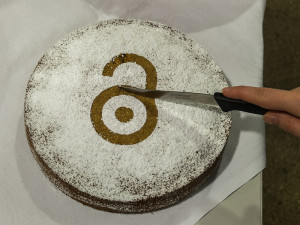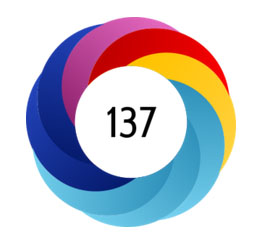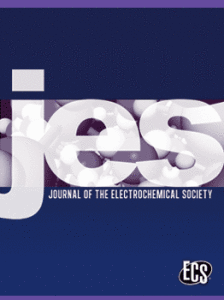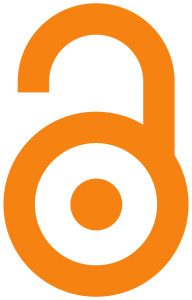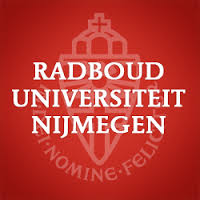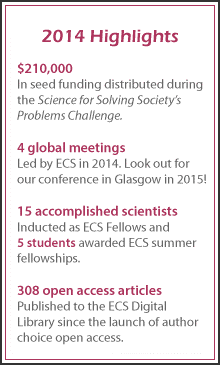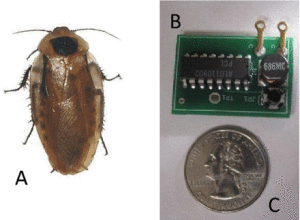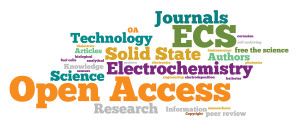
“The unique and longer-term part of our OA plan is to “Free the Science™“: to provide all ECS content at no cost to anyone—no fees for authors, readers, and libraries.”
Published in the latest issue of Interface.
The models of scientific communication and publication—which have served us all so well for so long—are no longer fully meeting the spirit of the ECS mission, may not be financially viable, and are hurting the dissemination of the results of scientific research.
The future of Open Access (OA) can change not only scholarly publishing, but can change the nature of scientific communication itself. OA has the power to more “evenly distribute” the advantages currently given to those who can easily access the outputs of scientific research.
ECS has long been concerned with facilitating that access, and our mission has been to disseminate the content from within our technical domain, as broadly as possible, and with as few barriers as possible. To accomplish this, we have maintained a robust, high-quality, high-impact publishing program for over 100 years.
Several years ago, ECS started taking a serious look at the challenges facing us in fulfilling our mission, specifically with respect to our publishing program. The challenges—faced by others in publishing, to a greater or lesser degree—are many and have become increasingly sever.
When a commercial scientific publisher is taking a 35% net profit out of the system, compared with under 2% by ECS, something is not only wrong, but it is clear that some publishers will do anything and everything they can to keep maintaining that level of profit. For many, journal publishing has indeed become a business.
Read the rest.


